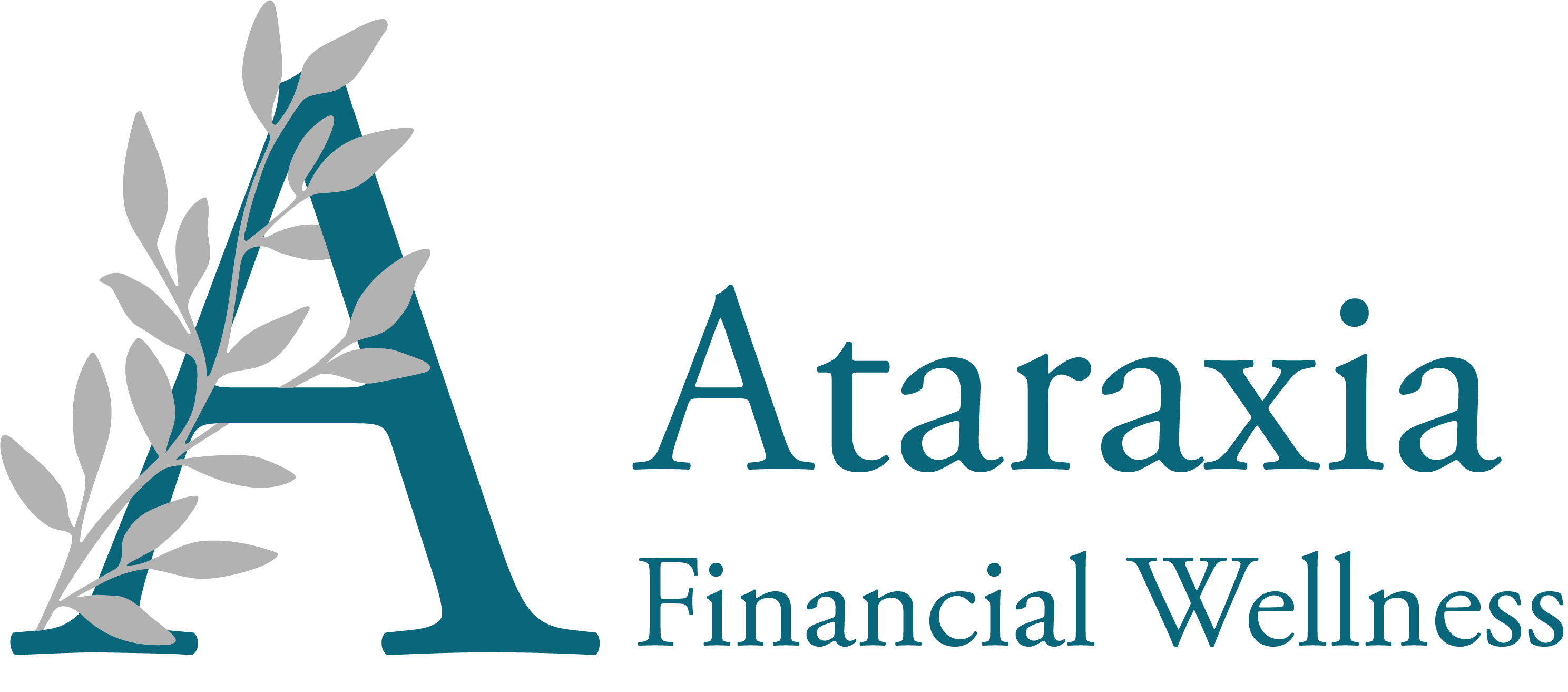Your credit score is one of the most important financial metrics in Canada. It affects everything from mortgage applications to renting an apartment. If you’re looking to boost your credit score, here are five proven strategies that can help you.

1. Make All Payments On Time, Every Time
The #1 Factor in Your Credit Score
Payment history is one of the biggest factors in determining credit scores. The longer your history of paying all payments on time the better it will be for your credit score.
Action Steps:
- Set up automatic payments for all credit cards, loans, and bills
- Use calendar reminders for payment due dates
- Consider bi-weekly payments to stay ahead of monthly due dates
- Pay at least the minimum amount on time, every time
- If possible, pay off credit cards in full every month
Pro Tip: Even utility bills and cell phone payments can affect your credit if they go into collections, so keep everything current. It is also becoming more common for landlords and rental companies to report to the the Credit Bureaus, so keep your rent paid in full and on time.
2. Pay Down Outstanding Balances
Lower Your Credit Utilization Ratio
While the exact credit use ratio is not known, it is highly recommended to keep your credit use as low as possible. This means not carrying balances if at all possible and not reaching the credit limit on credit cards. Another way to lower your utilization ratio is to pay down balances or pay accounts if possible.
Strategies to Reduce Balances:
- Focus on paying down high-interest debt first
- Consider a balance transfer credit card (many credit cards offer limited 0% promotional rates)
- Create a debt snowball or avalanche plan
- Avoid closing paid-off cards as this reduces your total available credit, as long as your are not tempted to use the account
- Stop all credit usage if you are struggling to pay down balances
Pro Tip: Many are surprised to learn that maxing out credit cards, even if paid on time, can negatively impact their score due to high utilization.
3. Check and Dispute Errors on Your Credit Report
Ensure Accuracy with Equifax and TransUnion
As a Canadian, you’re entitled to free credit reports from both Equifax and TransUnion. Errors on your report can unfairly lower your score and may be an indicator of identity theft or fraud.
Common Errors to Look For:
- Accounts that don’t belong to you
- Incorrect payment histories
- Wrong account balances
- Closed accounts marked as open
- Duplicate accounts
- Incorrect changes to your name, address, or contact information
Pro Tip: Call Equifax and Transunion immediately upon finding an inaccuracy, if needed they can freeze the account and they can provide advice on how to have the inaccuracy corrected.
4. Be Patient and Consistent
Play the long game
Ultimately, your credit history is a marathon, not a sprint. It will take time to build up a long-term positive history. The credit bureaus reward stability and long-term responsible credit use. This builds with each month and year, so patience and consistency are critical.
Ways to Build History:
- Keep old accounts open to show longevity
- Use a secured credit card if you’re rebuilding credit
- Maintain a mix of credit types (credit cards, loans, line of credit)
- Set automatic payments to help ease the burden and to help build good habits
Pro Tip: If having multiple accounts open, especially those with available credit, will be a temptation to use and may lead to future balances that you will struggle to pay off, then close the accounts.
5. Limit Hard Credit Inquiries
Be Strategic with Credit Applications
Hard inquiries, when lenders check your credit history for credit applications, can temporarily lower your score and stay on your report for years. Occasional credit checks are normal and expected. But multiple checks in short time frames will draw down your credit score and will be viewed negatively.
Best Practices:
- Space out credit applications by at least 6 months
- When shopping for a loan or mortgage, be careful how many institutions are permitted to pull hard checks
- Only apply for credit you actually need
- Use pre-qualification tools that perform soft inquiries – soft checks do not negatively impact your credit score
Pro Tip: If a lender does a hard check without your consent, follow their complaint process to request that it is removed. Also call the credit bureau to file a dispute. It can take up to a month to have an improper credit check removed.
Timeline for Results
Credit score improvements do not happen overnight. It may take months to years to achieve the results you want. But consistency is key, so stick to your plan and be patient.
- Small improvements within 1-3 months of consistent good habits
- Significant changes after 6-12 months of responsible credit management
- Complete credit repair in 7 years when most negative items fall off
These timeframes may change depending on what is on your credit history and how much you can do to effect changes.
When to Seek Professional Help
If you’re struggling with complex credit issues or if your debt situation feels overwhelming or unmanageable, consider consulting with:
- A credit counselor from a non-profit organization
- A licensed insolvency trustee for severe debt problems
Bonus Tip!
Remember, anyone asking for payment to “repair” your credit in Canada is likely running a scam. Legitimate credit repair takes time and consistent effort. There are no services or agencies that can repair your credit on your behalf.
